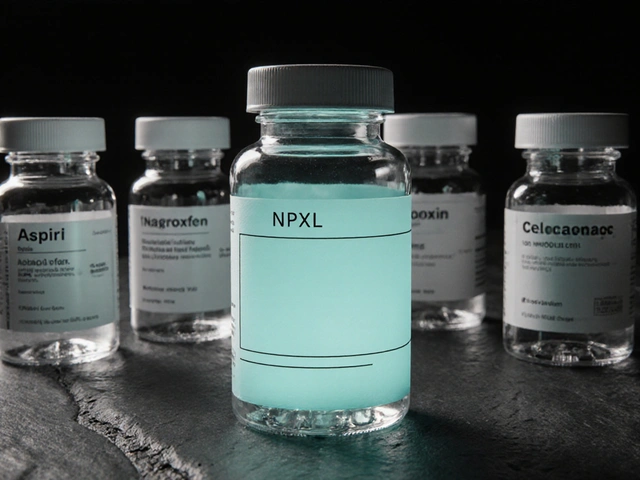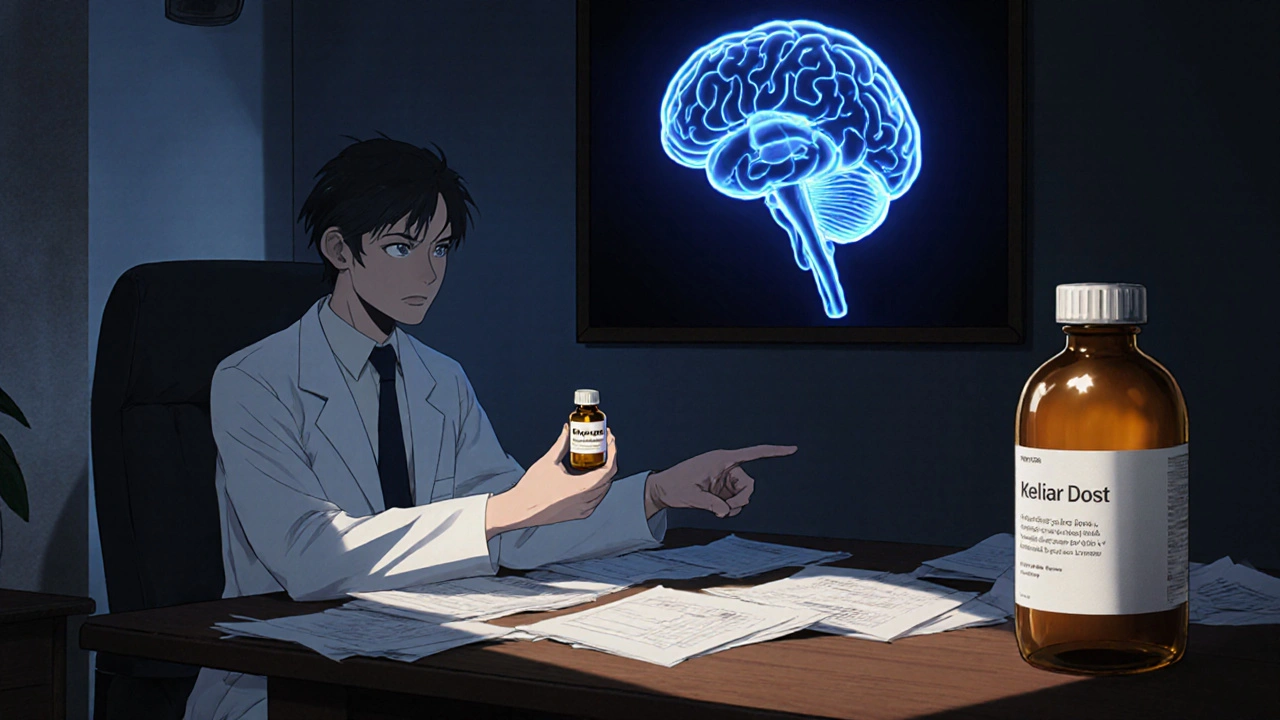Neuroprotection: How Drugs and Lifestyle Choices Shield Your Brain
When we talk about neuroprotection, the process of preserving nerve cells from damage or death. Also known as neurorescue, it’s not just about treating stroke or Alzheimer’s—it’s about stopping damage before it starts. Your brain doesn’t regenerate like skin or liver tissue. Once neurons die, they’re gone for good. That’s why neuroprotection matters: it’s the line of defense against conditions like Parkinson’s, ALS, multiple sclerosis, and even long-term effects of head trauma.
Neuroprotection isn’t magic. It works through real biological pathways. Some drugs reduce neuroinflammation, the chronic swelling in the brain that worsens degeneration. Others block toxic proteins, calm overactive nerves, or boost antioxidants that fight free radicals. You’ll find posts here that dig into how medications like statins or antipsychotics—yes, even those—might play a role beyond their main use. For example, some people on statins show slower cognitive decline, not because they lower cholesterol alone, but because of how they interact with brain cells. That’s neuroprotection in action.
And it’s not just pills. Lifestyle choices are powerful tools. Sleep, exercise, and managing stress all directly affect how well your brain resists damage. Studies show people who walk 30 minutes a day have better-preserved brain volume over time. Eating omega-3s, avoiding excess sugar, and controlling blood pressure aren’t just good for your heart—they’re armor for your neurons. The posts here cover real-world examples: how cleaning your inhaler might prevent brain fog from low oxygen, or how vitamin B12 deficiency can mimic dementia if left unchecked. These aren’t side notes—they’re part of the same system.
What you’ll find below isn’t theory. It’s practical, tested insight. You’ll see how genetic testing helps personalize medication choices to avoid side effects that could hurt your brain. You’ll learn how to spot early signs of nerve damage in common drugs. You’ll get clear comparisons between treatments that claim to protect nerves—and which ones actually do. Whether you’re managing a condition, caring for someone who is, or just want to keep your mind sharp as you age, this collection gives you the facts without the fluff. No hype. No guesswork. Just what works.
Rasagiline’s Role in Slowing Parkinson’s Disease Progression
Explore how rasagiline works, its neuroprotective evidence, and practical tips for using it to potentially slow Parkinson's disease progression.
About
Medications
Latest Posts


Promotion codes for online pharmacy viamedic.com
By Orion Kingsworth Oct 27, 2023

Norvasc Uses, Dosage, Side Effects, and Important Facts for Blood Pressure Control
By Orion Kingsworth May 24, 2025

NPXL vs Alternatives: In‑Depth Comparison of Top Pain‑Relief Options
By Orion Kingsworth Oct 16, 2025

